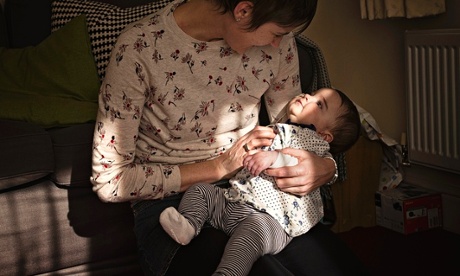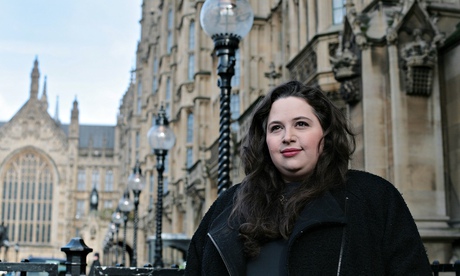Women who live in healthier countries prefer more feminine-looking men, compared with women living in regions where life-threatening diseases are rife, psychologists say. Their research suggests masculine men have the greatest appeal for women who live in areas where a strong genetic make-up is critical for survival.
A study of women in 30 countries found they were more likely to choose a masculine-looking partner if their country scored low on a health index based on World Health Organisation mortality figures. By contrast, in countries where people have a longer lifespan, women favoured more feminine-looking men, even though they might not have the healthiest genes available.
The research challenges the long-held belief that beauty is largely determined by culture.
"When women are choosing a mate, they're weighing up two different things. On the one hand a really attractive, high genetic quality mate will give them very healthy offspring. On the other, there is getting "investment" from a mate – one who'll be a good dad," said Lisa DeBruine, who led the study at Aberdeen University in the UK.
"Men who are really attractive tend to be able to pursue whatever mating strategy is best for them," she added. "They are more likely to prefer short-term relationships. More feminine men tend to be better providers."
DeBruine's team used a computer to create average male and female faces by merging photographs. The computer then used these to work out how the features of a masculine face differ from a feminine face. The most obvious differences are the larger jaws and deeper brows of more masculine men.
Next, DeBruine recruited 4,794 heterosexual Caucasian women from around the world to take part in the online experiment. Each of the women was asked to look at 20 pairs of male faces and indicate which was the more attractive of the two. In each case, one of the pair was digitally manipulated to make it 50% more feminine than the original, while the other in the pair was made 50% more masculine.
When DeBruine compared the women's answers with the health index score for their country, she saw a strong preference for more masculine faces in less healthy areas. Women in Mexico, one of the least healthy countries in the study, preferred masculinised faces 54% of the time, compared with only 32% of the time for women in Sweden, which is one of the healthiest countries in the world. In Britain, women preferred the more masculine faces 43% of the time.
The study is published in Proceedings of the Royal Society B.
"Certain environmental factors shift the balance when a woman is choosing a mate, and health is one of those. If a woman lives in an environment where there are lots of pathogens and disease, they are more likely to trade off a good investment in favour of better health for their children," DeBruine said. "In places where health is less of an issue, women are not so willing to do that."










